Focus
Your Present Location: HOME> Focus-

Zhao Minghao: Racism, McCarthyism and Trump’s attack on TikTok
The Trump administration's crackdown on TikTok is another step in a new cold war against China. While US Secretary of State Mike Pompeo claimed that the US was targeting the Communist Party of China (CPC), the White House is actually going on the offensive against Chinese companies - especially private ones. Over the past few years, TikTok has become a US company. Its management team is made up entirely of Americans who would never risk breaking US laws for the benefit of the CPC.
2020-08-04 -
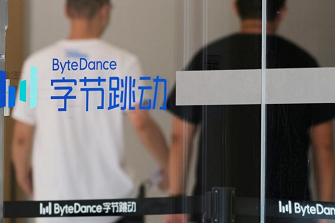
New Cold War and unhappy influencers: What TikTok's U.S. ordeal means
Last Friday, U.S. President Donald Trump announced that he would invoke emergency powers to ban TikTok - the hottest social media app in the U.S. currently and known for being a major platform where Gen. Z posts popular online memes and lip-sync videos. The Trump administration said the app needs to be banned because its Chinese parent company ByteDance is in a position to surveil and steal American users' personal data. President Trump has since flip-flopped on the threat and has given the Chinese internet giant 45 days to negotiate a sale of the app to Microsoft, or face a shutdown of its U.S. operation, according to Reuters.
2020-08-04 -

Wang Wen: Why China recalls 'protracted war' history
The Political Bureau of the Communist Party of China (CPC) Central Committee clearly pointed out that "since many problems we face are long- and medium-term, resolving such problems is like fighting a protracted war," during a meeting held on Thursday. It has been 82 years since Mao Zedong wrote On Protracted War in June 1938. At that time, China was at its worst time during the War of Resistance against Japanese Aggression (1931-45) and almost subjugated by Japan.
2020-08-04 -

‘Economic Gangsterism’: US Enables TikTok Buyout to Smash App Busting ‘Myth’ of Repressive China
Microsoft on Sunday revealed that it is in talks to buy some operations of Chinese video app TikTok after US President Donald Trump said late last week that he plans to ban the app from the US. Such a ban would be an act of “economic gangsterism,” John Ross, a senior fellow at the Chongyang Institute, Renmin University of China, told Sputnik.
2020-08-04 -
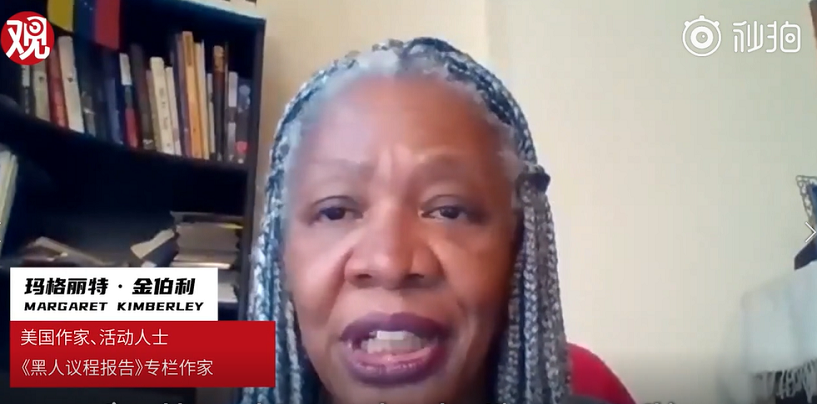
【No to the New Cold War】Margaret Kimberley: No New cold war! We don’t agree with the American President
On July 25th, an international meeting in Opposition to the US-led New Cold War on China organized by scholars and activists from 48 countries voluntarily was broadcast live on Zoom, Facebook and YouTube simultaneously. The joint statement with 14-language version of "A New Cold War against China is against the interests of humanity" has attracted great attention from the international community. The event brought together 17 well-known scholars and opinion leaders from China, the United States, the United Kingdom, India, Russia, Canada, Venezuela, Brazil and other countries to participate in the speech. Margaret Kimberley, Black Agenda Report, is one of the initiators of the "No to the New Cold War" initiative.
2020-08-03 -
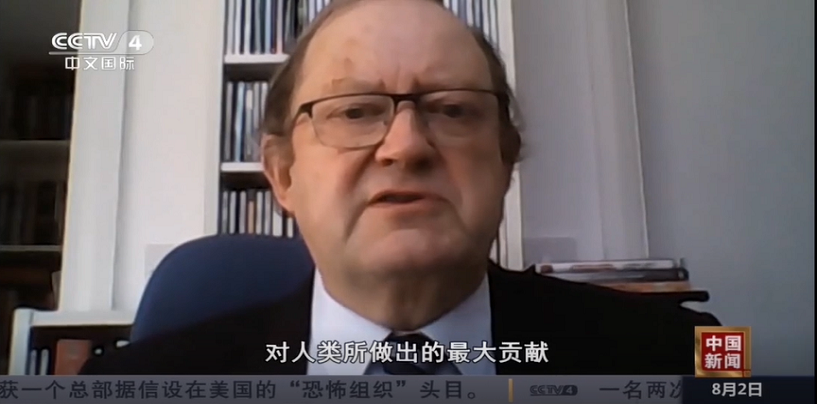
【CCTV】John Ross: To tackle the ‘two worries and three guarantees’ together to make up the outstanding weak points
China will achieve the task of completely eradicating absolute poverty in 2020. China's achievements in poverty reduction have attracted worldwide attention. "China News" will focus on a number of measures on poverty reduction in Chinese characters and explore decisive strategies for poverty alleviation. The first episode “To tackle the ‘two worries and three guarantees’ together to make up the outstanding weak points” was launched on August 2, 2020. John Ross, a senior fellow at Chongyang Institute for Financial Studies, Renmin University of China (RDCY), said that China's poverty reduction is the greatest contribution to mankind worldwide.
2020-08-03 -
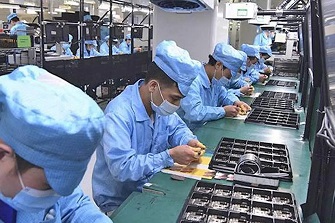
New Delhi’s TV sets restriction order takes aim at Chinese firms
Color televisions became the latest victim of the Indian government's bid to remove Chinese business from Indian market, following restrictions on Chinese apps and contractors. But Chinese manufacturers said they have not felt any impact yet, and there have not been any disruptions to their delivery of color television sets.
2020-08-03 -
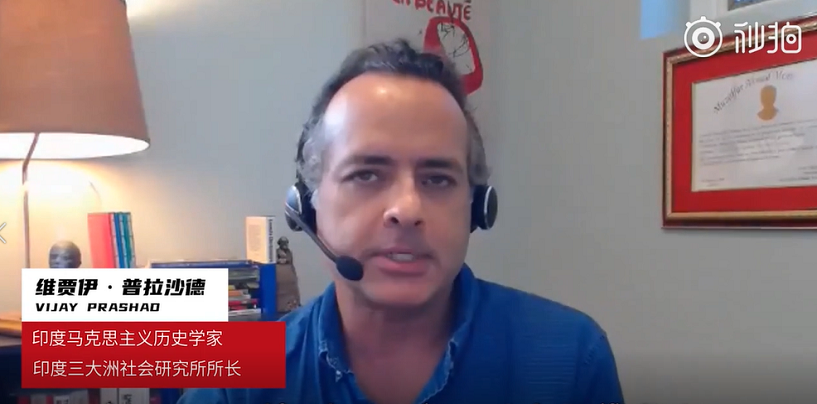
【No to the New Cold War】Vijay Prashad: U.S. anti-China strategy is also playing official stereotypes?
On July 25th, an international meeting in Opposition to the US-led New Cold War on China organized by scholars and activists from 48 countries voluntarily was broadcast live on Zoom, Facebook and YouTube simultaneously. The joint statement with 14-language version of "A New Cold War against China is against the interests of humanity" has attracted great attention from the international community. The event brought together 17 well-known scholars and opinion leaders from China, the United States, the United Kingdom, India, Russia, Canada, Venezuela, Brazil and other countries to participate in the speech. Vijay Prashad, Executive Director, Tricontinental: Institute for Social Research, is one of the initiators of the "No to the New Cold War" initiative.
2020-08-03 -
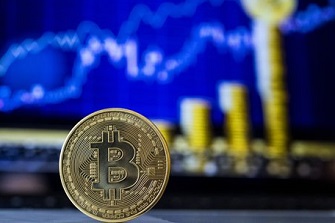
Former Chinese banker urges that digital currency substitutes all currencies
Digital currency should substitute all currencies as much as possible to support profound monetary operation reforms, an influencer in China's financial sector said over the weekend. The push for digital currency might start with positioning it as a substitute for M0, or cash in circulation, but it shouldn't be confined to such substitution; otherwise, its market competitiveness could be problematic.
2020-08-03 -
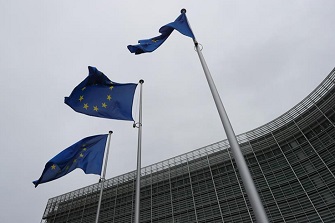
EU sanctions on HK ‘symbolic’
The European Union (EU)'s sanctions on China over the Hong Kong affairs are a "symbolic gesture" to strike a balance between Washington and Beijing, as the measures will only have a limited impact on Hong Kong, observers noted. However, they warned that the EU should carefully watch its further steps, and avoid tilting to the US, especially as US elections are approaching, because any further provocation against China will only undermine the basis of China-EU relations, which are hailed as a model of pragmatic international relations, and sabotage the bloc's time-honored diplomatic independence.
2020-08-03 -
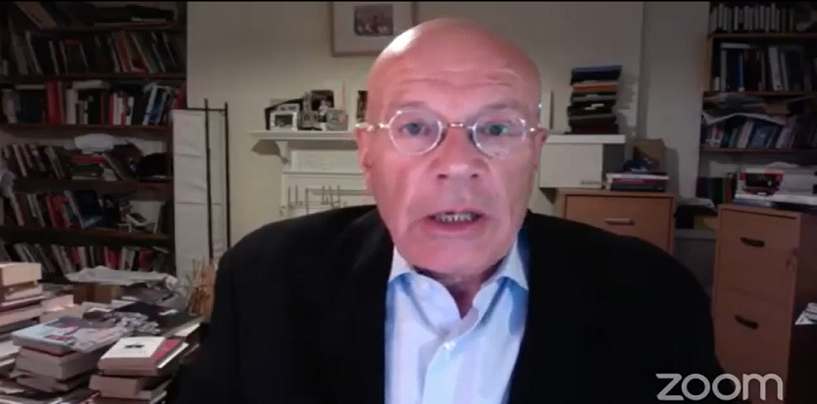
【No to the New Cold War】Martin Jacques: New cold war will not stop US decline
The article is an excerpt of Martin Jacques's webinar lecture on July 25 titled "A new cold war against China is against the interests of humanity." Jacques is former senior fellow at the Department of Politics and International Studies at Cambridge University.
2020-08-02 -
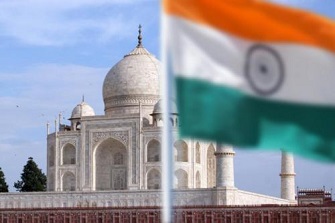
Lin Minwang: Will non-aligned India break oath under US’ lure?
Indian External Affairs Minister S. Jaishankar on Monday said that "non-alignment was a term of a particular era and geopolitical landscape" but New Delhi will never be part of an alliance. He said global shifts were opening spaces for middle powers including India. "But countries who depended more on the US are finding they have to take a call themselves on many issues," he noted.
2020-08-01 -
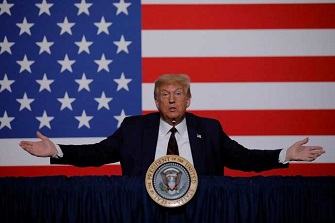
Zhao Minghao: What Does Trump Want?
U.S. Secretary of State Mike Pompeo’s speech at the Richard Nixon Presidential Library and Museum on July 23 ratcheted up the hostility of the Trump administration’s China policy, as he explicitly identified the Communist Party of China as the target of U.S. rhetoric. A day earlier, the U.S. abruptly ordered China to close its consulate in Houston, Texas, prompting the latter to retaliate by ordering the U.S. to close its consulate in Chengdu, Sichuan province. A very dangerous “spiral of confrontation” is evidently taking shape in China-U.S. relations, with some people talking about an unfolding “new cold war” between the countries. Others worry a hot one may occur.
2020-08-01 -
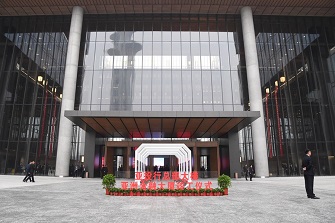
AIIB likely to engage in more areas, experts say
The Asian Infrastructure Investment Bank is expected to engage in more areas beyond infrastructure investment, in order to leverage additional funds from the private sector globally and boost the post-pandemic recovery, analysts said. Green financing and the digital economy are expected to be listed in the development goals of the AIIB, experts told China Daily on Wednesday after the conclusion of the bank's fifth annual meeting.
2020-07-31 -
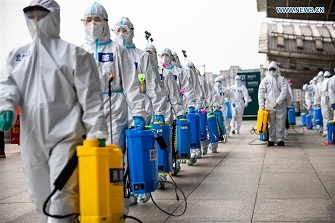
Antonino Villafranca: Healthcare wards off financial illness
Countries better prepared to respond to the COVID-19 pandemic from a healthcare perspective were less likely to need a strong economic response, which is a link that needed to be acknowledged, an Italian expert said. Antonio Villafranca, research coordinator and co-head of the Italian Institute for International Political Studies' Europe and Global Governance Centre, said when the coronavirus outbreak hit Europe he and his colleagues were asked by European governments to look at economic remedies.
2020-07-31 -
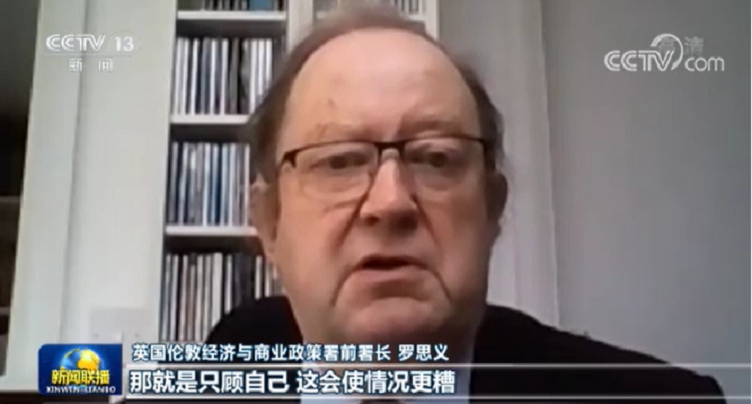
【CCTV】John Ross: Multinationals Positively Appraise Xi's Opening Address at AIIB Meeting
On July 30, a number of people from many countries in CCTV News believed that the speech delivered by President Xi Jinping at the opening ceremony of the video conference of the Fifth Annual Meeting of the Board of Governors of the Asian Infrastructure Investment Bank (AIIB) was instructive to the development of the AIIB and expected the AIIB to become a new model of multilateral cooperation to promote common global development. John Ross, a senior fellow of the Chongyang Institute for Financial Studies, Renmin University of China (RDCY), spoke highly of the AIIB, saying that the AIIB has a very important mission and that the increasing membership of the AIIB is a reflection of the willingness and needs of all parties.
2020-07-31 -
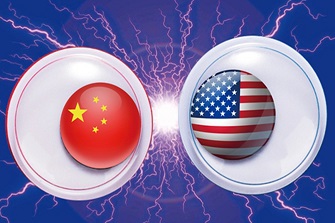
【No to the New Cold War】No to the new cold war with China: an African American perspective
China's Ambassador to the US posed a very simple question: "Is the US ready or willing to live with another country with a very different culture, a very different political and economic system ... in peace?" The answer to this question must be that despite the intentions of the US rulers, the people must opt for peace. For the Black liberation and anti-imperialist movement in the US, we are clear - War is a class issue and we say not one drop of blood from the Black working class and poor to defend the capitalist oligarchy.
2020-07-31 -
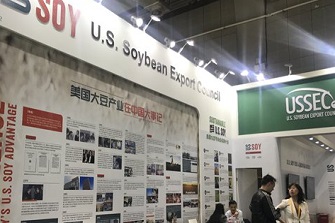
Joint efforts needed to fulfill China-US trade deal
Imports from the US have made steady progress in recent months, yet joint efforts from firms on both sides are still needed for the phase one trade agreement to overcome the difficulties caused by the COVID-19 pandemic, said a Chinese official. In the first half of the year, China's trade with the US plunged in contrast to the overall upbeat trend in China's foreign trade. Bilateral trade denominated in the yuan dropped 6.6 percent in the first half year-on-year. China's imports from the US were down 1.5 percent to 395.62 billion yuan ($56.49 billion) in January-June, according to China's General Administration of Customs.
2020-07-31 -

Liu Zongyi: The Crux of the Current China-India Relations
China and India are trying to resolve the boundary standoff and ease bilateral tensions through diplomatic and military channels. I recently participated in track-two dialogues aimed at deepening mutual understanding, some of which involved the Indian Ambassador to China. However, based on my observation, the ongoing boundary standoff is a reflection of the underlying problems within the bilateral relationship. There is a big gap between China and India on certain issues which make it difficult for the two sides to reach a consensus.
2020-07-30 -
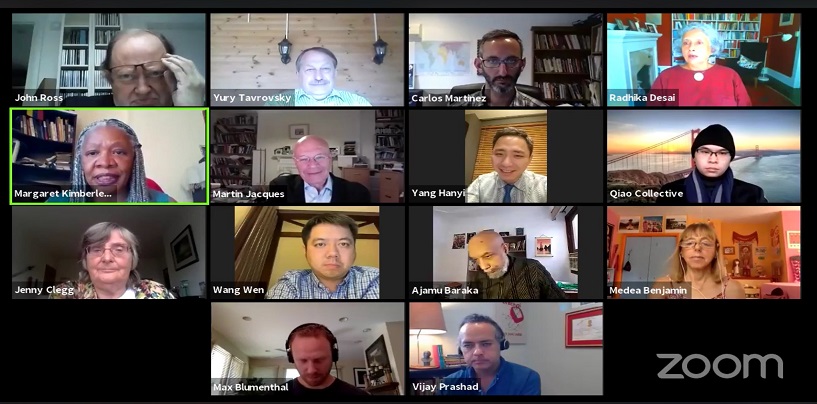
【Global Times】World should unite and denounce new cold war
As China-US tensions escalate with the US hawkish politicians intending to start a new cold war against China, diplomats and scholars from 48 countries gathered Saturday for an online event themed "A new cold war against China is against the interests of humanity." What does a new cold war mean to the world and entire humanity? We selected speech abstracts from seven participants who voice "No." to a new cold war.
2020-07-30
























































































 京公网安备 11010802037854号
京公网安备 11010802037854号





